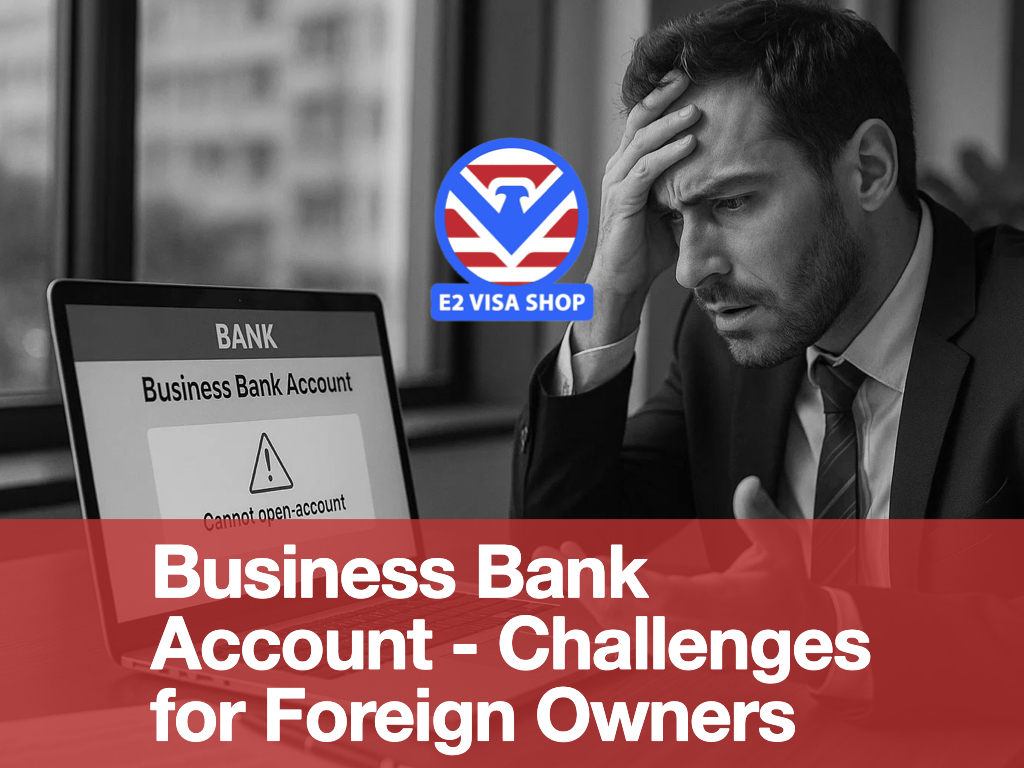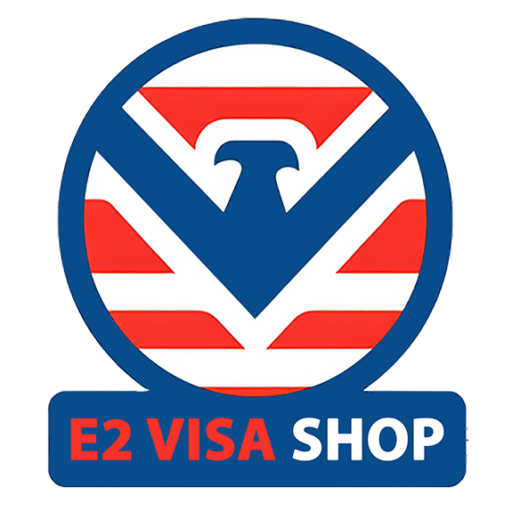
Particularly for Pakistani Nationals and FoParticularly for Pakistani Nationals and Foreign-Owned LLCs/Corporations
Opening a U.S. business bank account is a critical step in launching and operating a company in the United States. For foreign nationals, this process can be far more complex than anticipated, especially for individuals from countries such as Pakistan. U.S. financial institutions operate under strict federal and state regulations, coupled with internal compliance protocols that often raise barriers for non-resident entrepreneurs.
This article outlines the key reasons foreign nationals—particularly Pakistani nationals—struggle to open business bank accounts in the United States and what can be done to overcome these hurdles.
1. Enhanced Due Diligence and KYC Requirements
Under the Bank Secrecy Act (BSA) and the USA PATRIOT Act, U.S. banks must conduct rigorous Know Your Customer (KYC) and Customer Due Diligence (CDD) procedures. These include verifying identities, understanding the nature of the business, identifying beneficial owners, and assessing risk levels.
Foreign-owned LLCs and corporations often trigger enhanced scrutiny because:
- The owners are not U.S. residents or citizens.
- The business activities are cross-border or may appear high-risk.
- Documents are issued in foreign languages and formats, making verification more difficult.
- In the case of Pakistani nationals, enhanced screening may occur due to geopolitical concerns or stricter compliance scrutiny under programs like OFAC (Office of Foreign Assets Control).
2. Geopolitical and Risk-Based Profiling
Banks rely on risk-based models to evaluate applicants, and nationality can influence how those models are applied. Countries perceived as higher-risk—due to political instability, compliance history, or regulatory gaps—may prompt enhanced scrutiny.
Pakistani nationals may face additional challenges because:
- Pakistan has been monitored by FATF (Financial Action Task Force) for compliance with anti-money laundering standards.
- Certain regions or business sectors may trigger alerts under OFAC or internal bank watchlists.
- Media reports, diplomatic concerns, or historical case patterns can all influence how applications are reviewed.
In contrast, foreign nationals from countries such as Argentina, Spain, Canada, Australia, and Germany generally experience a smoother onboarding process. These nations have long-standing financial transparency agreements with the U.S., robust regulatory systems, and are considered lower-risk jurisdictions. As a result, account approval for nationals from these countries is faster, more predictable, and less likely to be rejected due to nationality-related concerns.
3. Lack of U.S. Residency and SSN/ITIN
Most banks require at least one U.S.-based signatory or account operator with a Social Security Number (SSN) or Individual Taxpayer Identification Number (ITIN). Foreign nationals—especially those applying from abroad—typically lack these identifiers.
Without an SSN or ITIN, applicants may face:
- Inability to pass identity verification checks.
- Delays in internal compliance approvals.
- Denial due to rigid bank policies requiring U.S.-resident presence or credentials.
4. Remote Incorporation Raises Red Flags
Many foreign entrepreneurs incorporate in the U.S. remotely through legal or consulting services. While legal, remote incorporation without a physical U.S. address or operational presence often raises concerns among banks about:
- Potential shell company risks.
- Lack of economic substance.
- Exposure to money laundering or tax evasion risks.
This makes banks cautious and may result in denials unless additional documentation and proof of legitimate business activity is provided.
5. Limited Access to In-Person Verification
Most major U.S. banks require in-person identity verification, especially for business accounts. Without a visa or the ability to travel to the U.S., foreign nationals may struggle to complete this step.
Pakistani nationals in particular may face additional hurdles due to:
- Visa denial history or long wait times.
- Higher scrutiny during travel or consular appointments.
6. Internal Bank Compliance Policies Vary
Even when federal laws do not explicitly restrict foreign applicants, internal bank policies can differ dramatically:
- Some banks refuse to open accounts for any non-resident without a U.S. address.
- Others require utility bills, leases, or local business licenses.
- Risk departments may override local branch managers’ decisions, causing delays or reversals.
These inconsistencies make it essential to prepare thoroughly and approach the right institutions.
7. Lack of Credit History and U.S. Financial Footprint
Foreign nationals generally lack a U.S. credit history, which limits banks’ ability to assess financial reliability. This often results in:
- Increased documentation demands.
- Requests for business references, financial projections, or audited records.
- Denials based on “insufficient information” rather than misconduct or red flags.
8. Challenges Specific to Pakistani Nationals
Pakistani entrepreneurs often face a unique combination of challenges:
- Heightened scrutiny due to FATF compliance concerns and regional political issues.
- Difficulties securing U.S. visas for in-person verification.
- Banks’ internal policies that associate transactions from South Asia with remittance-heavy, informal business models.
While not absolute barriers, these issues can make the account opening process significantly longer and more complex.
Can These Challenges Be Overcome?
Yes—but not quickly.
Mitigation strategies can improve success rates, including:
- Using a U.S.-Based Representative
Having a U.S. resident listed as an authorized signatory or manager improves credibility. - Providing Complete Documentation
This includes formation documents, EIN letter, lease or virtual office agreement, invoices, business plan, and ID/passport copies. - Applying Through Smaller Banks or Fintech Institutions
Regional banks and fintechs may have more experience with foreign founders. - Building a Local Presence
A mailing address, phone number, and even minimal staffing can signal real U.S. activity. - Engaging Expert Advisors
Firms that specialize in foreign business setups can guide applicants to banks with more flexible policies.
However, even with all of the above in place, the process may take up to 3 to 4 months.
Delays are common due to repeated document requests, internal compliance reviews, or the need to physically appear in the U.S. Even when pre-screened, foreign-owned LLCs—especially those from higher-risk countries—go through multiple layers of approval before an account is activated.
Conclusion
Opening a business bank account in the United States is significantly more challenging for foreign nationals than for domestic applicants, and the difficulty increases further for individuals from countries like Pakistan due to regulatory and risk-based factors. On the other hand, nationals of countries such as Argentina, Spain, Canada, Australia, and Germany generally enjoy a more streamlined process thanks to stronger bilateral cooperation, trusted financial frameworks, and fewer risk triggers.
For Pakistani entrepreneurs and others from higher-risk jurisdictions, success is possible—but requires preparation, documentation, and patience. Timelines of 8 to 16 weeks are not uncommon, and working with professionals familiar with U.S. financial institutions and foreign-owned business structures can make the difference.
